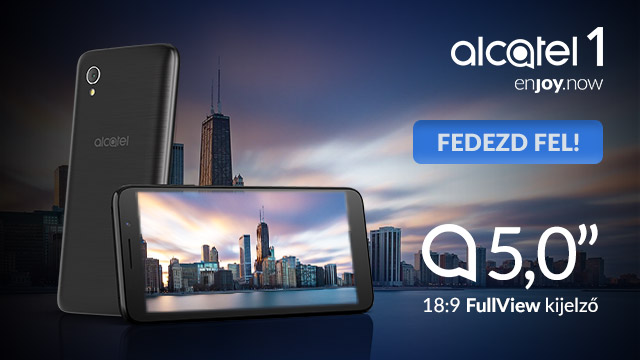
Thanks to the new EPR protocol, available performance will jump a lot, although laptops in particular will benefit more.
The current USB-PD (Power Delivery) standard can support up to 100W of charging via Type-C connections, depending of course on which adapter you connect to which device. Obviously, this performance is amazing, which could mean a 0-100% charge at a smartphone level in about 15 minutes, but there are many cell phones already selling with faster charging, and more powerful laptops may require more serious capabilities. USB Implementers Forum has been reluctant to create the following standard, and its latest standards are covered in detail in the documentation associated with the source: Those who wish to read it can expect hundreds of pages of description.
USB PD EPR (Extended Power Range) will be the next generation of charging standard, ready for 240W charging. We are talking about a voltage of 50 volts and a current of 5 amps with a safety margin of 10 watts. Of course, the new cables will be electronically marked so that the compatible adapter and the device will only start fast charging if the midsize portion is also supported. Of course, just like the USB PD standards so far, it still has smart charge control and just perfectly implements high-performance power transmission.
The previous 100-watt charging standard is now called the SPR, or standard power range, but the SPR and EPR ratings have little to do with available data transfer rates, and even USB 2.0 cables come with the most advanced charging capabilities.








